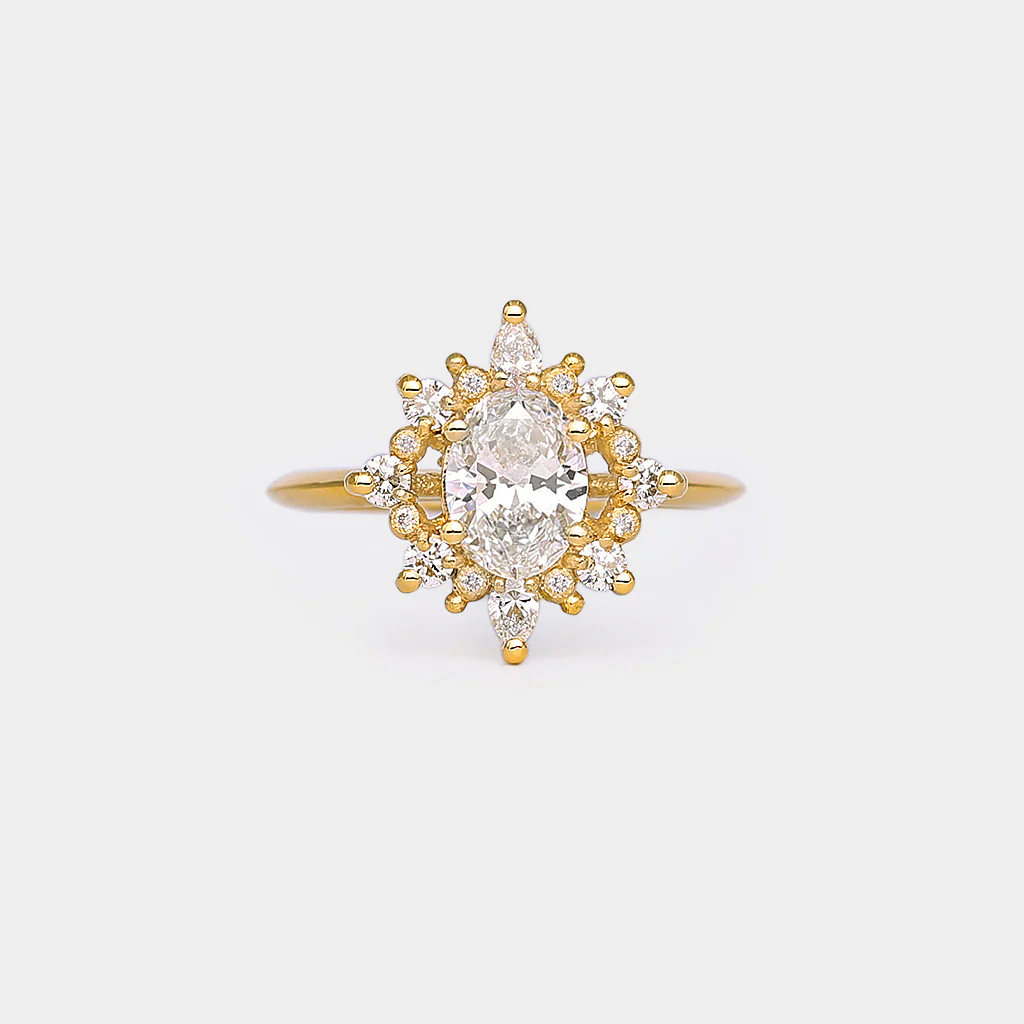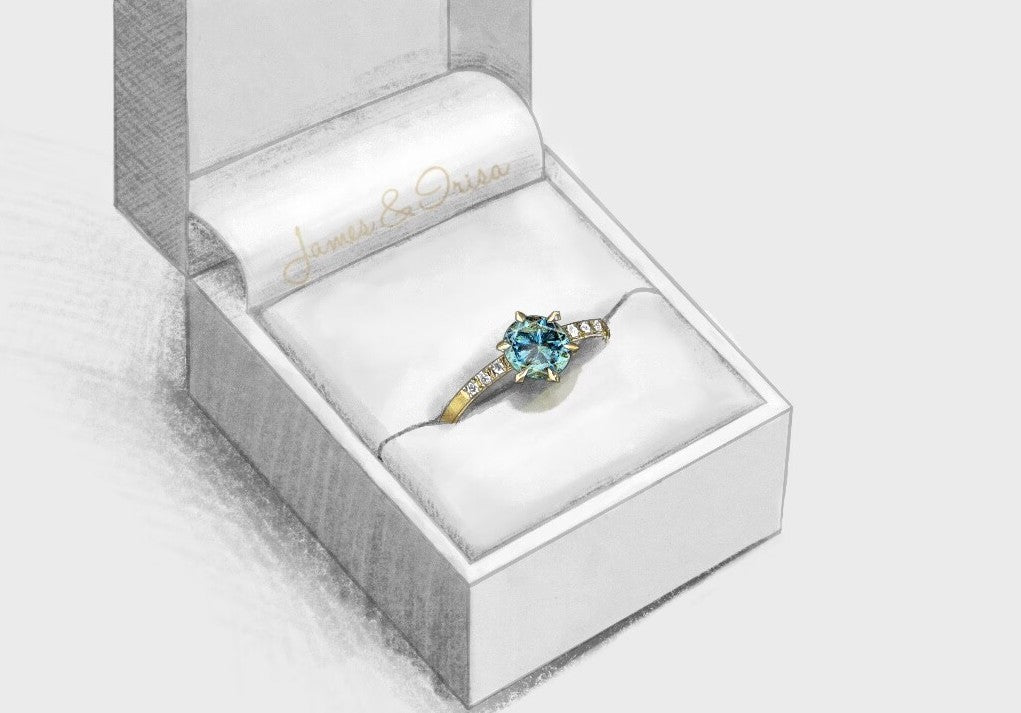Pros & Cons
Natural Diamonds |
Lab-grown Diamonds |
|
| Pros |
Rarity and Value The natural origin and rarity of these diamonds often enhance their value and allure, making them a treasured choice for significant jewelry pieces. |
Cost-Effective Lab-grown diamonds offer a more affordable alternative, less expensive than natural diamonds of comparable quality. |
|
Historical and Emotional Significance Natural diamonds carry a rich history and are often seen as timeless heirlooms, passed down through generations. |
Ethically Sourced Created in a lab, these diamonds are free from the ethical concerns associated with mining, such as conflict diamonds and child labor. |
|
|
Investment Potential High-quality natural diamonds can appreciate in value over time, adding an investment aspect to your purchase. |
Lower Environmental Impact Lab-grown diamonds generally have a smaller environmental footprint compared to mined diamonds. |
|
Natural Diamonds |
Lab-grown Diamonds |
|
| Cons |
Cost Due to their rarity and the extensive process of mining, natural diamonds are generally more expensive. |
Perceived Value Some may view lab-grown diamonds as less prestigious due to their synthetic origin. |
|
Environmental and Ethical Concerns Diamond mining can have substantial environmental and ethical implications, including habitat destruction and human rights issues. |
Resale Value Currently, lab-grown diamonds have a lower resale value compared to natural diamonds, which may influence your decision. |
|
|
Inconsistency The natural formation process leads to variations in quality, making it more challenging to find matching stones for certain designs. |
Lack of Historical Significance Unlike natural diamonds, lab-grown diamonds lack the unique historical journey that some buyers cherish. |






